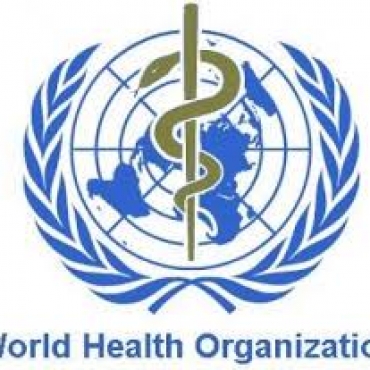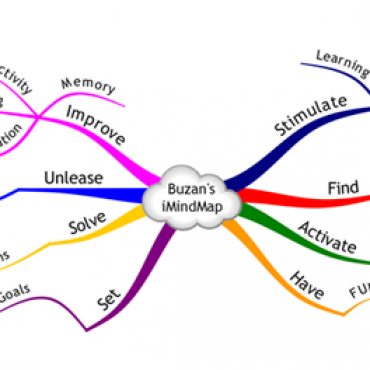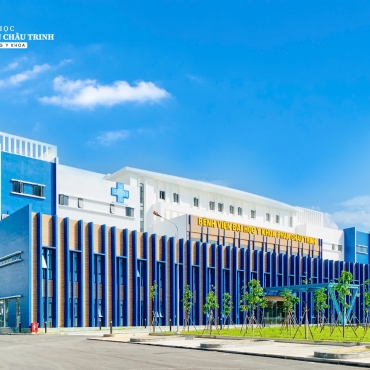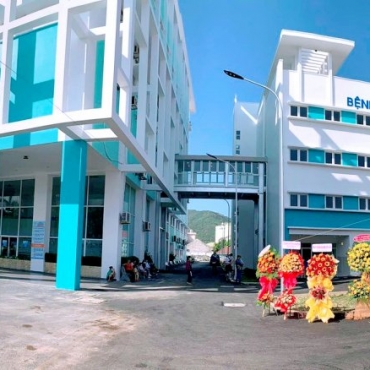Contact Admission
International Collaboration
Simple tool to support safer surgery
Simple tool to support safer surgery

Image: Sam Edwards/OJO Images/Getty Images.
“When the lights suddenly went out suddenly in the operating room, the surgeons just finished the caesarean section. The HIV-infected mother lies on a table in the dark with the incision uncutured. This scene is from the movie "Experimental Effects" that took place in Uganda, and this technical breakdown could happen in any hospital around the world.
According to the Lancet Commission on Global Surgery, more than 5 billion people worldwide do not have safe surgery. Whether it is due to inadequate infrastructure or a shortage of trained doctors, the majority of people in the world cannot get the care they want in cancer treatment, car accident or other illness that requires surgical care.
Although these challenges seem insurmountable, one simple tool has had a significant impact on efforts to improve surgical safety around the world: known as surgical safety checklist. It was developed by Mr. Atul Gawande, Professor of Surgery at Brigham and Women's Hospital, Professor of the Department of Health and Health Policy at Harvard Medical School, and William Berry - Professional Director and Chief Operating Officer. Safe Surgery Program at Ariadne Labs, Checklist has less than twenty questions. (attached files)
Surgical safety checklists have been put in place over the past decade in eight countries other than the UK and Mongolia and documentary films according to the doctors, nurses and patients in these countries present challenges. Technology, culture and economics have hampered the development of surgical systems and highlighted ways in which a checklist can help overcome those obstacles.
Inspired by the Checklist that revolutionized aviation safety, the Surgical Checklist was approved by WHO in 2008 as a means of enhancing surgical safety around the world, by The way to standardize a set of routines emphasizes the importance of communication, teamwork, operating room preparation, and safe surgical procedures. Studies have shown that using the Checklist can reduce the number of deaths from surgical complications by more than 20%.
Professor Gawande speaks during a discussion after showing a film at Harvard Medical School this month. "It's people trying to work together", "When people don't go in the same direction, we're going to have a mess. But when we practice together, we can solve everything. problems can happen ".
“The premiere was held by the Global Surgery Students Alliance of Harvard Medical School, Boston University School of Medicine and Tufts University School of Medicine. Medical students and safe surgery advocates from the three schools attended the screening to learn more about efforts to improve access to safe surgery around the world. In addition to Professor Gawande, other analysts at the premiere include Brian O'Gara - professor of anesthesia - Harvard Medical School at Beth Israel Deaconess Medical Center; Sabrina Sanchez - trauma surgeon at Boston Medical Center; and Victoria Mui - an obstetrician and gynecologist at Harvard Vanguard Medical Center - who previously worked in Uganda as a global health seed volunteer. The participants of the screening discussed the clinical, ethical, cultural, political and personal aspects of global surgery, their experiences in limited work environments, and the benefits of work with checklists.
Although the Checklist cannot overcome all the challenges of universal access to surgical safety, the stories that experts analyze and share suggest it is a powerful tool. It can be astonishing to improve care from a global scale of personal interaction, because it helps change the way society thinks about health systems and health care as a whole.
The Global Student Surgery Alliance is a student workgroup of students who seek to educate, inspire and unite other students to participate in the surgical care and obstetric care effort. and anesthesia.
The leaders of GSSA (The Global Surgery Student Alliance) hosted the premiere, Alexis Kahanu (Tufts University), Roya Edalatpour (Boston University) and Parisa Fallah (a student Medical Officer at Harvard Medical School and National Director of GSSA) introduced the event, moderated the group discussions and made a final comment. The screening was sponsored by the Kletjian Foundation.
Other speakers include Kris Torgeson, Lifebox Global CEO. The Lifebox Foundation, an organization founded by Professor Gawande and colleagues to provide the equipment and education needed to effectively implement the Checklist, partnered with filmmaker Lauren Anders Brown to create The movie "Experimental Effects".
The Lifebox Foundation helped develop an inexpensive version of the pulse oximeter, a tool for measuring oxygen levels in the blood that can provide important early warnings of potential complications during surgery.
Since 2011, 16,500 units have been supplied to anesthesiologists and nurses. The team estimates that another 60,000 units are needed worldwide. Lifebox pulse oximeter was developed specifically for the harsh environments of surgical schools in low-income and middle-income countries, with battery backups so they keep working even when the lights are off.
JAKE MILLER
Source: hms.harvard.edu
Translator: Dr.Nguyen Huu Tung & partner
Other healthcare
- Development history of world medicine ( 11:44 - 13/10/2017 )
- Microfluidic channel device for tumor chemotherapy ( 11:40 - 12/10/2017 )
- Higher education in the era of Industrial Revolution 4.0 ( 11:37 - 08/11/2017 )
- DRG Nerve Stimulant Device ( 11:19 - 09/10/2017 )
- Surgeons view CT, MRI, ultrasound images using 3D technology ( 11:14 - 07/10/2017 )
- Steps to make mind map (Mind map) ( 11:00 - 07/10/2017 )
- Mind mapping software ( 10:41 - 07/10/2017 )
- Mind map is what? ( 10:28 - 18/10/2017 )
- Schizophrenia is 80% hereditary ( 10:21 - 05/10/2017 )
- Ten ancient pain relievers ( 15:20 - 06/10/2017 )


















